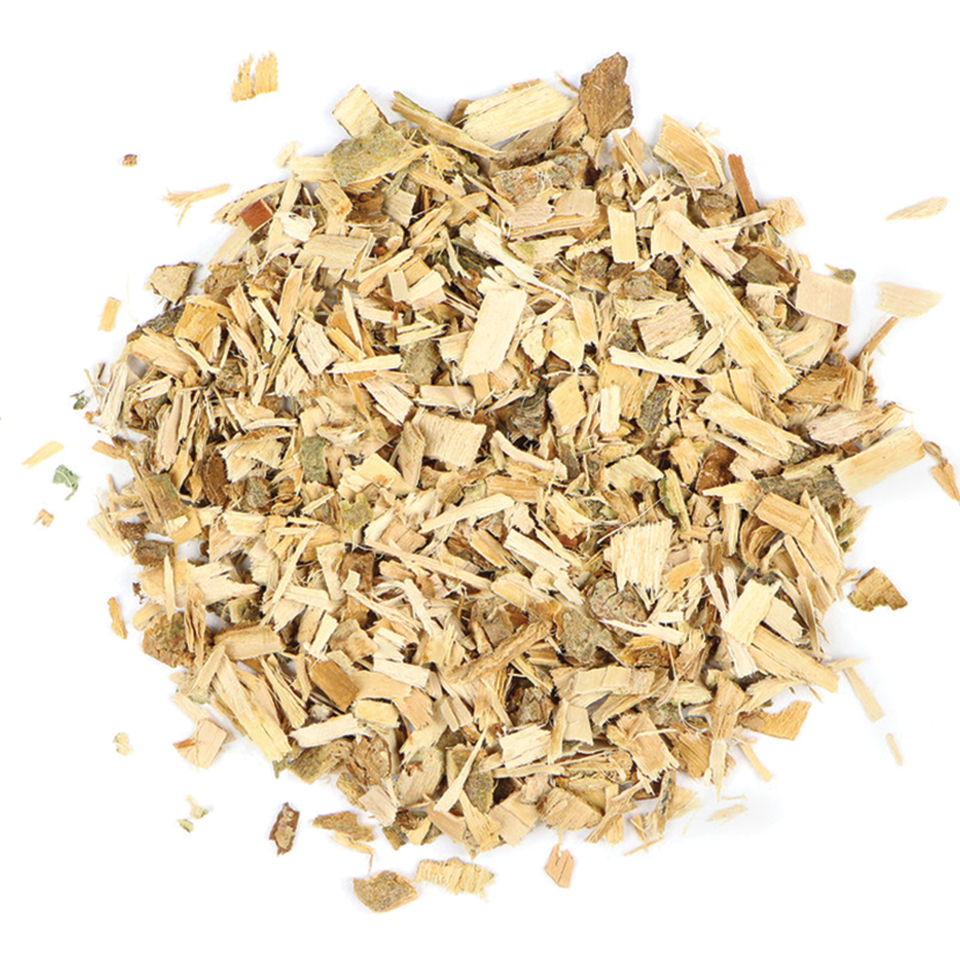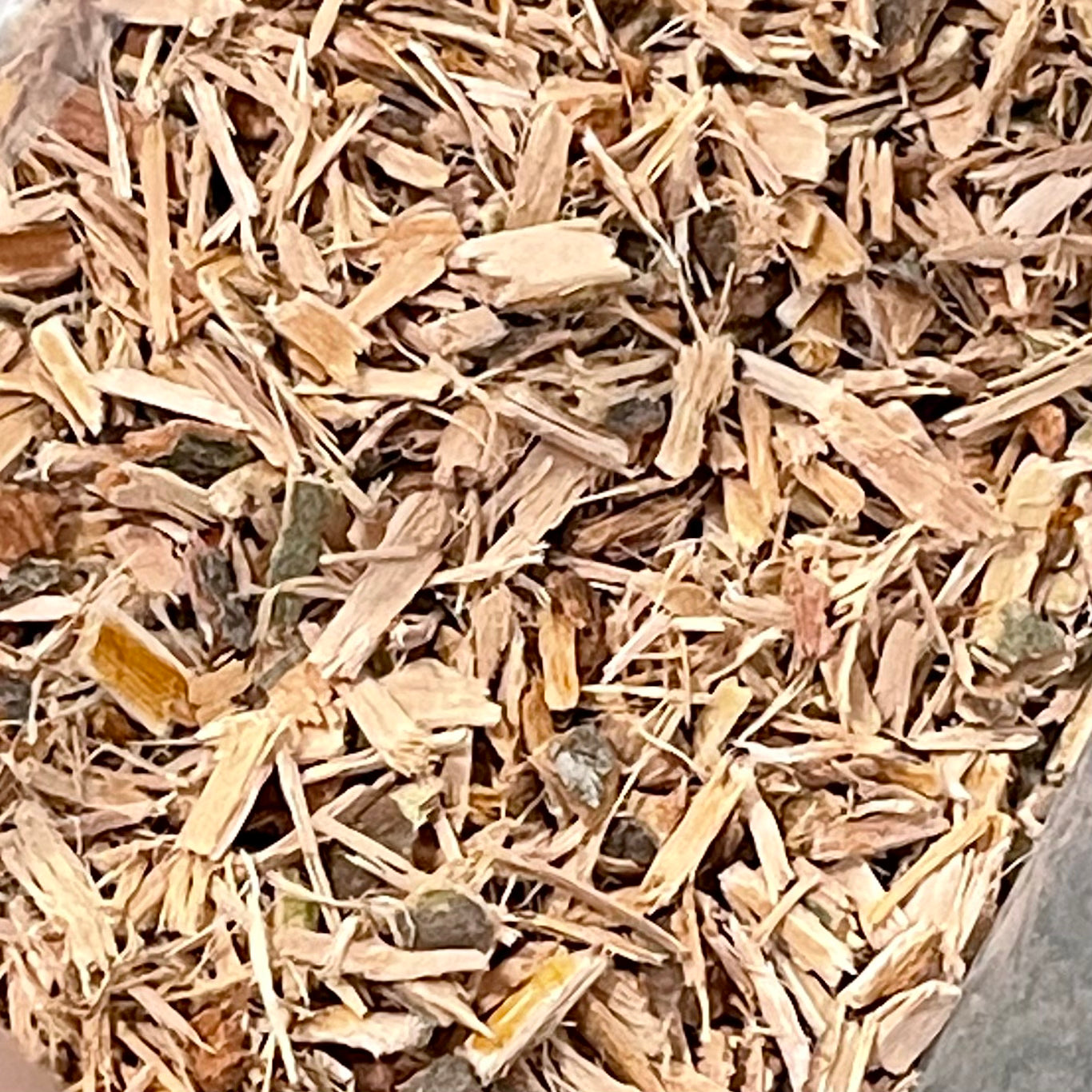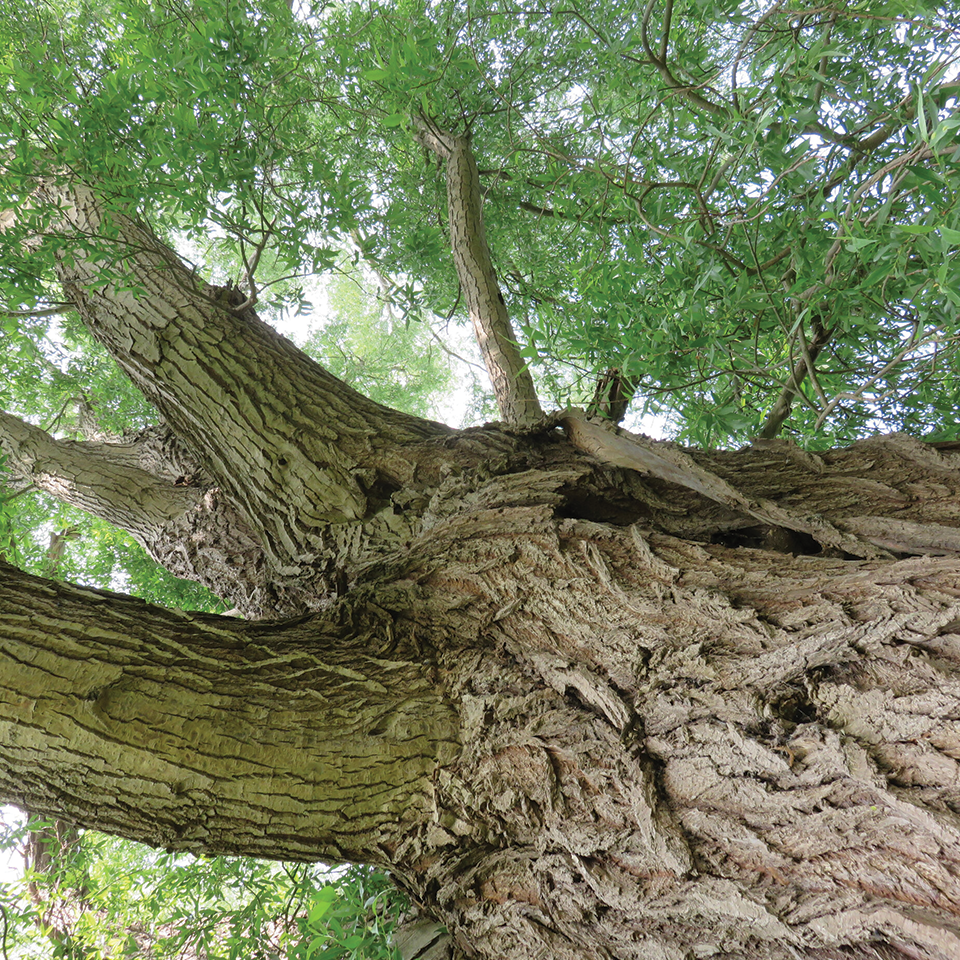White Willow Bark (sold by weight)
- Regular price
-
$0.40 - Regular price
-
- Sale price
-
$0.40
White Willow Bark
Sold by weight
Price is for one gram (one ounce is a little over 28 grams)
White willow is a low-growing deciduous tree with long, green, tapering leaves and grey-brown bark. Native to Europe and western Asia, white willow bark has a long history of use in traditional European herbalism. Salix alba is typically tinctured or steeped as willow bark tea.
Also known as "nature's aspirin," willow bark tea was used by the ancient Egyptians, as far back as 3000 BC to relieve pain in the body and treat several ailments.
Native American healers used willow bark long before Columbus or the Vikings landed. The conversion of willow bark to aspirin began in 1828 when German chemist Felix Hoffmann isolated the active ingredient and named it salicin. In 1899, the Bayer company began manufacturing and selling a modified form of the willow bark chemical acetylsalicylic acid, or aspirin. This first of the modern miracle medicines has been a mainstay in the treatment of joint pain ever since. White willow (also called bai liu pi in Traditional Chinese Medicine) is a member of the Salicaceae family.
Do not use if allergic to aspirin or other salicylate-containing drugs. Do not administer to children or adolescents with viral infections due to the possibility of Reye's syndrome. Consult with a qualified healthcare practitioner before using herbal products, particularly if you are pregnant, nursing, or on any medications.
Ingredients:
Organic white willow bark (salix alba)
Directions:
Boil 1-2 teaspoons of white willow bark in 8 ounces of water (208˚) for 5 - 10 minutes. Turn off the heat, and let the willow bark steep for an additional 10 - 20 minutes to make white willow bark tea. This is a bitter tasting tea; add cinnamon and honey for taste, if desired.
Storage:
Keep in a cool, dark, dry place
Sourced from: Mountain Rose Herbs
Grown in: Croatia
Couldn't load pickup availability
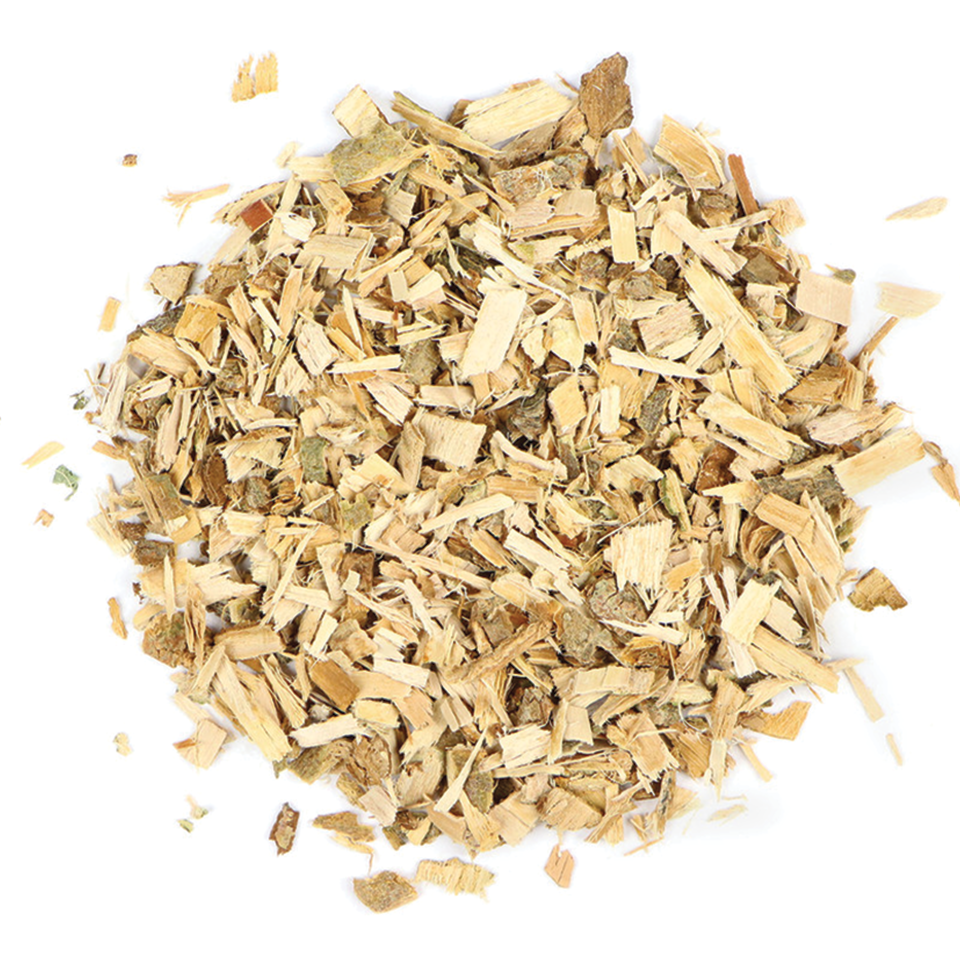
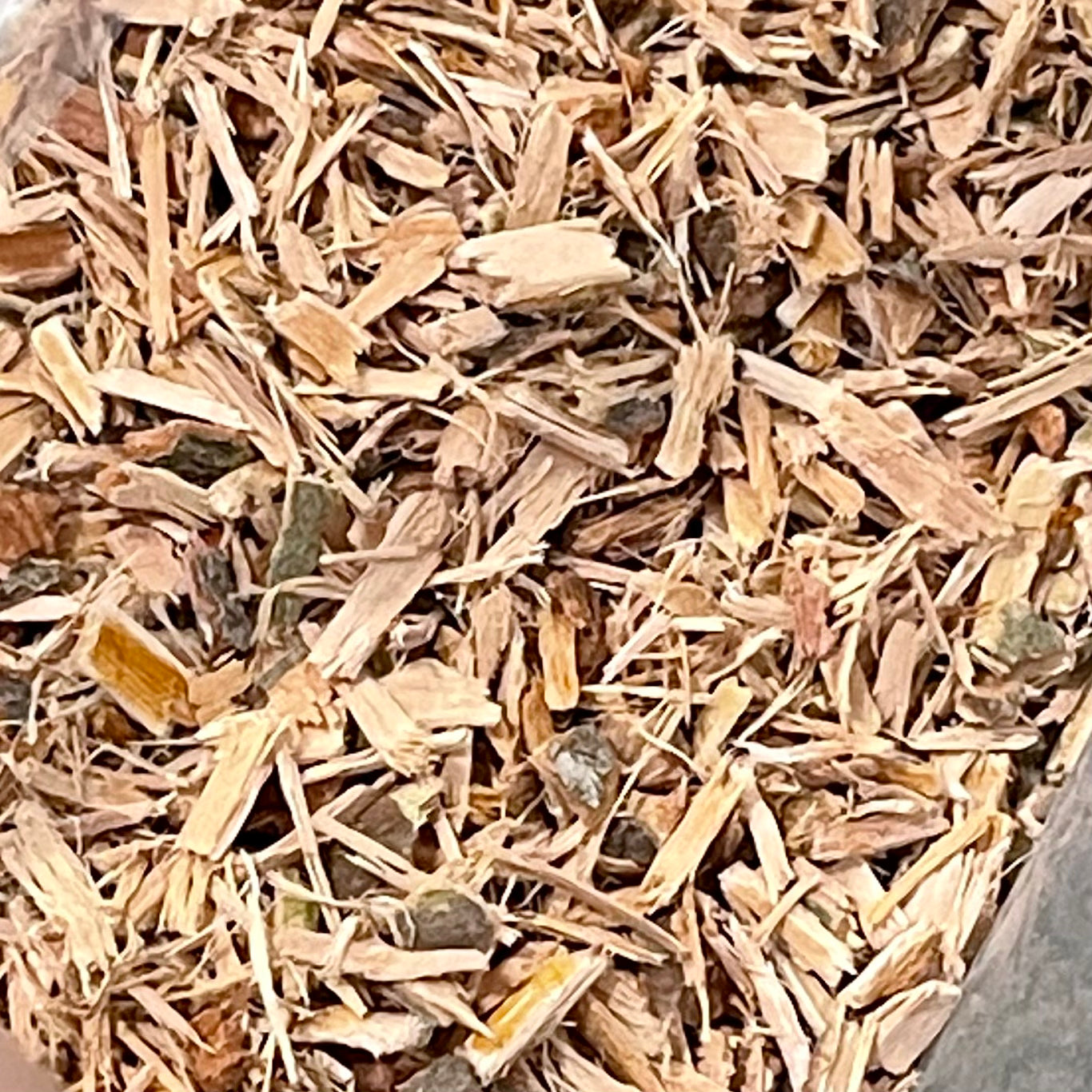
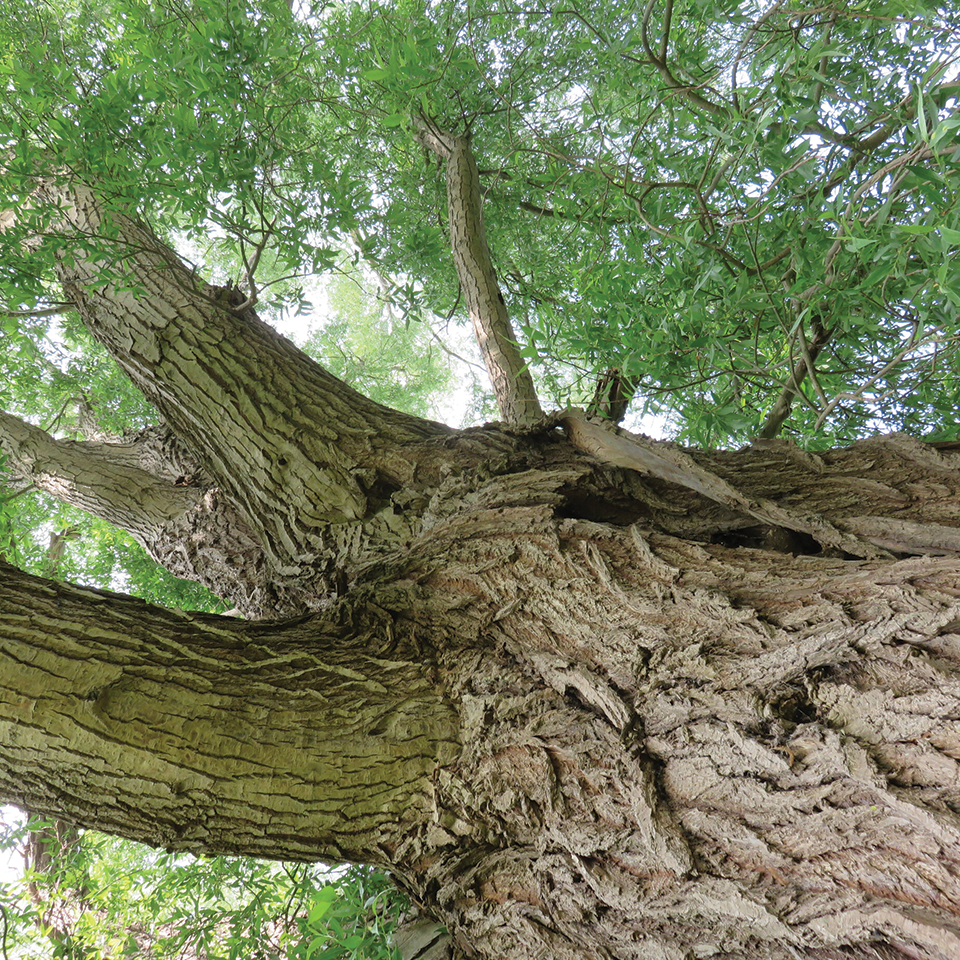

White Willow Bark (sold by weight)
- Regular price
-
$0.40 - Regular price
-
- Sale price
-
$0.40


